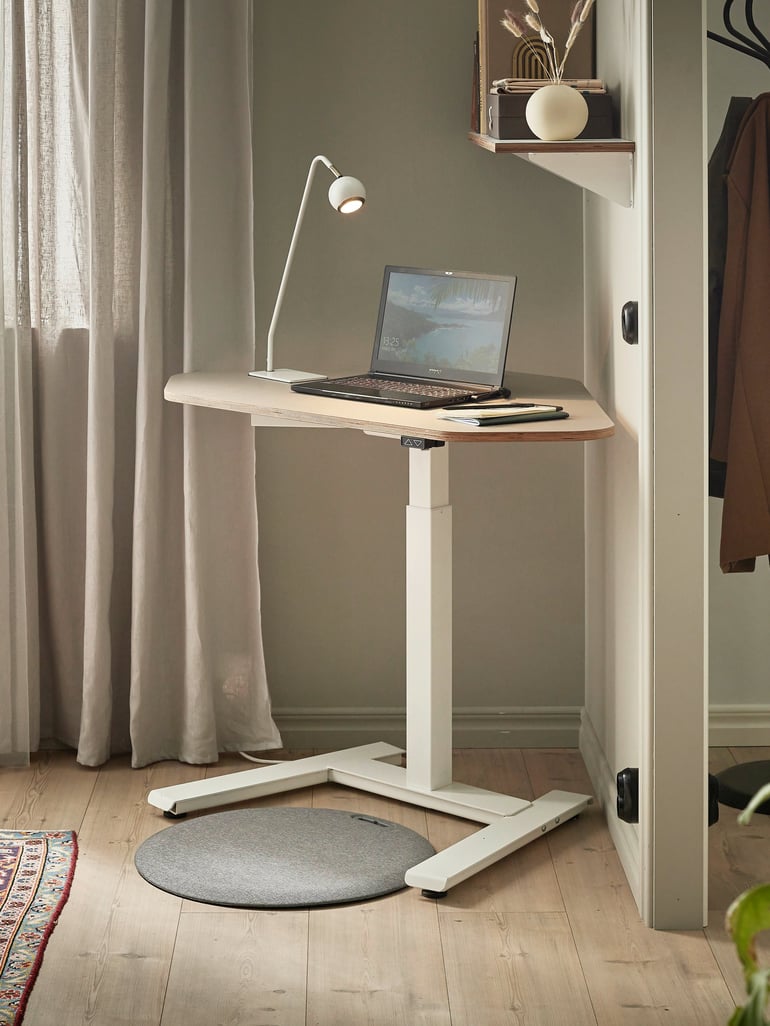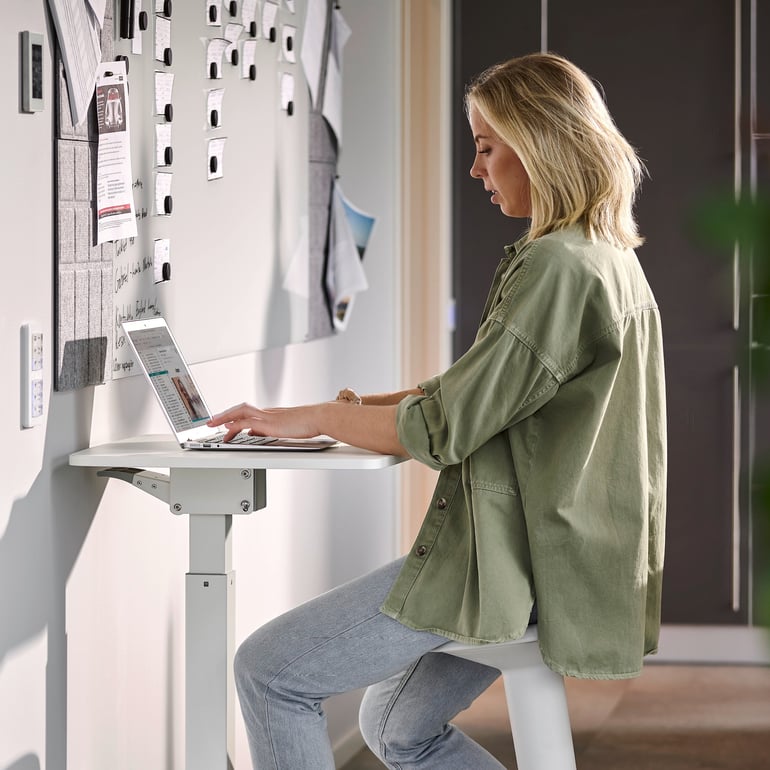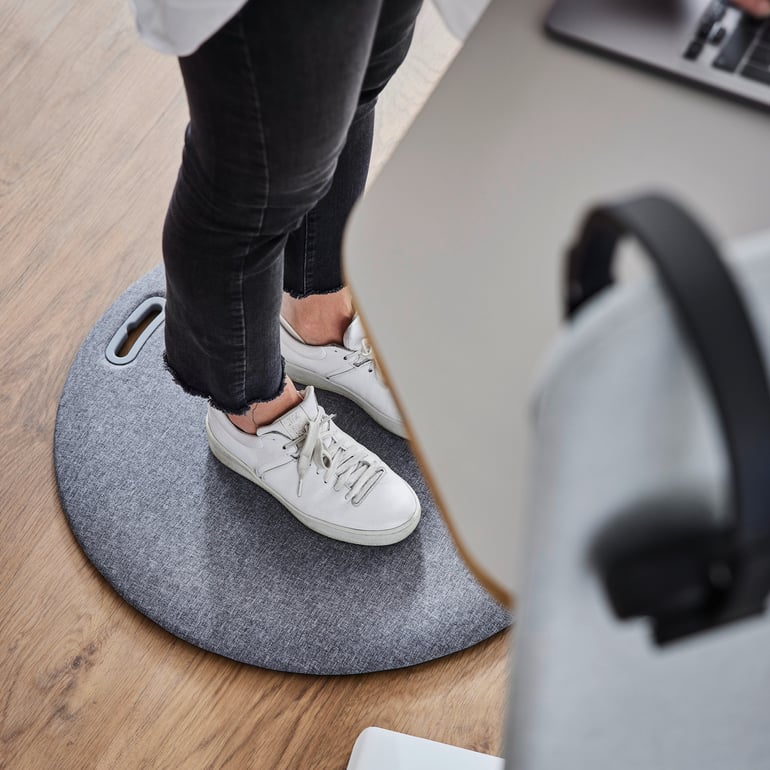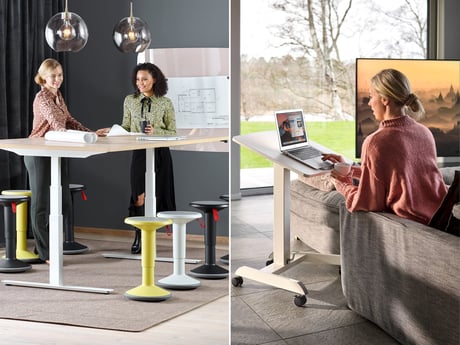- AJ Products UK
- Blog: Tips to Inspire Happiness at Work
- Improving the work environment
- 5 things you didn’t know about hybrid working

5 things you didn’t know about hybrid working
There are a lot of things that get overlooked when it comes to modern hybrid working. Here are five of the most common misunderstandings.

Hybrid working in the UK: What employers need to know
1. The employer decides
It's up to the employer to decide where work is to be performed. However, in the UK employees have the right to request flexible working after working 26 weeks (half a year) for their employer. This could include working from home as well as flexible start and finish times. Employers are required to consider any such applications in a “reasonable manner” but can refuse to grant flexible working with a good reason.
That said, many employers have seen the advantages of employees working at home, at least part of the time, and now recognise that such an option is necessary to be able to compete for the industry's best talents. Many companies have also discovered that hybrid working requires less office space, which leads to reduced costs. By extension, a model that started out as a necessity has now become a win-win situation for everyone involved.
2. The employer is responsible
An employer’s legal duty of care applies whether staff are based in the office, at home, or splitting time between both. According to the Health and Safety Executive (HSE), employers must take all reasonable steps to prevent ill health and accidents.
This applies to both physical and mental health. It is important that employers provide any necessary training to help manage risks and means that the employer must perform a suitable risk assessment of the work environment and make any necessary adaptations. For example a Display Screen Equipment (DSE) assessment should be carried out to ensure home workers can achieve a comfortable and ergonomic posture while working and any equipment needed should be provided by the business. The employer should also keep in regular contact with staff to stay on top of any risks.
But what happens if, for example, an accident occurs when an employee is working from home?
An accident should be reported if it occurred as a result of a work activity or as a result of the equipment used to carry out that work. Employers have the same liability for those accidents or injuries as for any other workers. In concrete terms, this means that an accident should be reported and the employer could be liable if an employee trips over a computer cable in the home office, but not if an injury occurs in connection with a coffee maker in the kitchen because the accident cannot then be linked to the work itself.
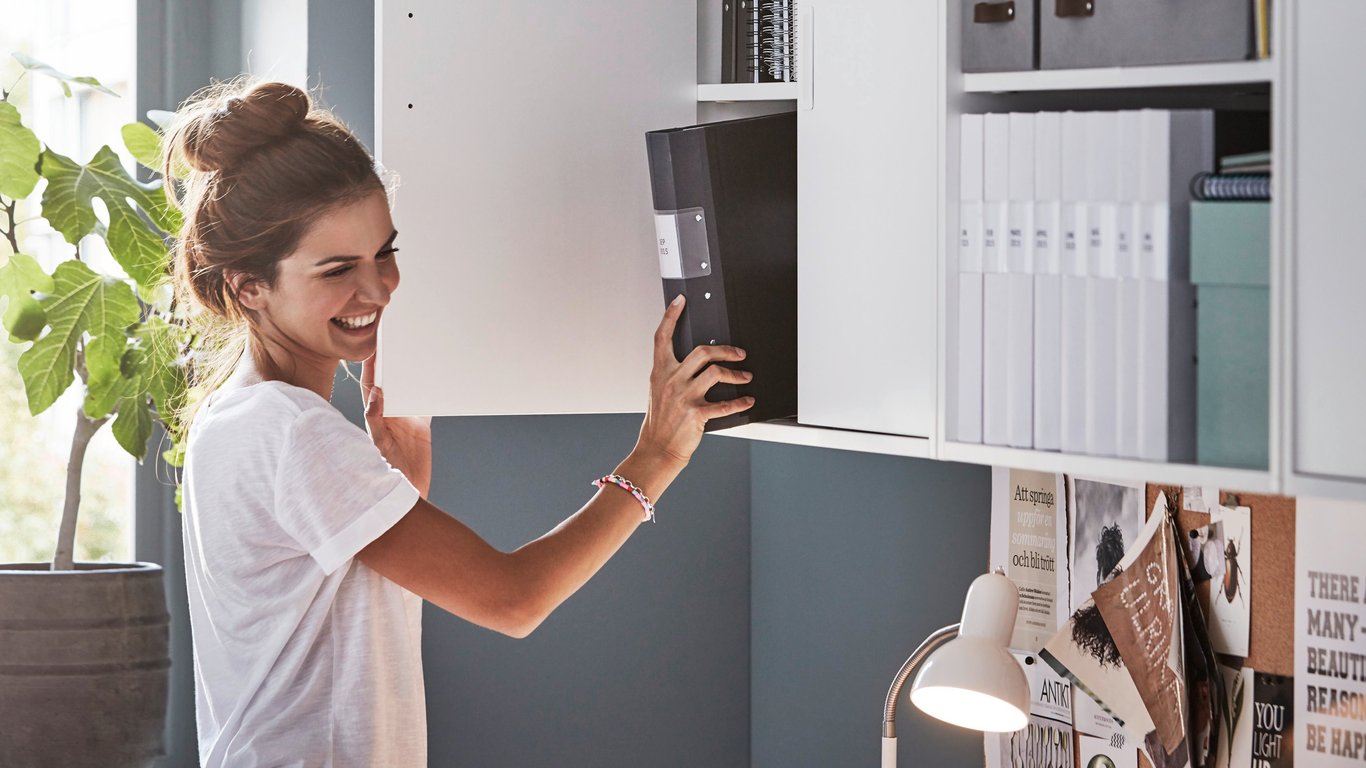
3. … but so is the worker
Even though the employer is ultimately responsible for the work performed in the home, the employee should report any risks and take appropriate steps to protect their own health and wellbeing. HSE guidance states that the employee must take care of their own health and safety and cooperate with their employer to help them meet their duty under the law.
Employees and employers should work together to create the best possible work environment. This is particularly important when working at home, as the employer's ability to see, handle and remedy work environment problems may be limited.
4. Home office furniture may be tax deductible
Once it is agreed that an employee can work from home either full time or part time, it is in the interest of both parties to create a home office that lasts. The employer should purchase or reimburse any equipment deemed necessary under the risk assessment.
It is also useful for employees to know that if they purchase any equipment themselves then they can claim tax relief on the full cost of any substantial equipment needed to do their work.
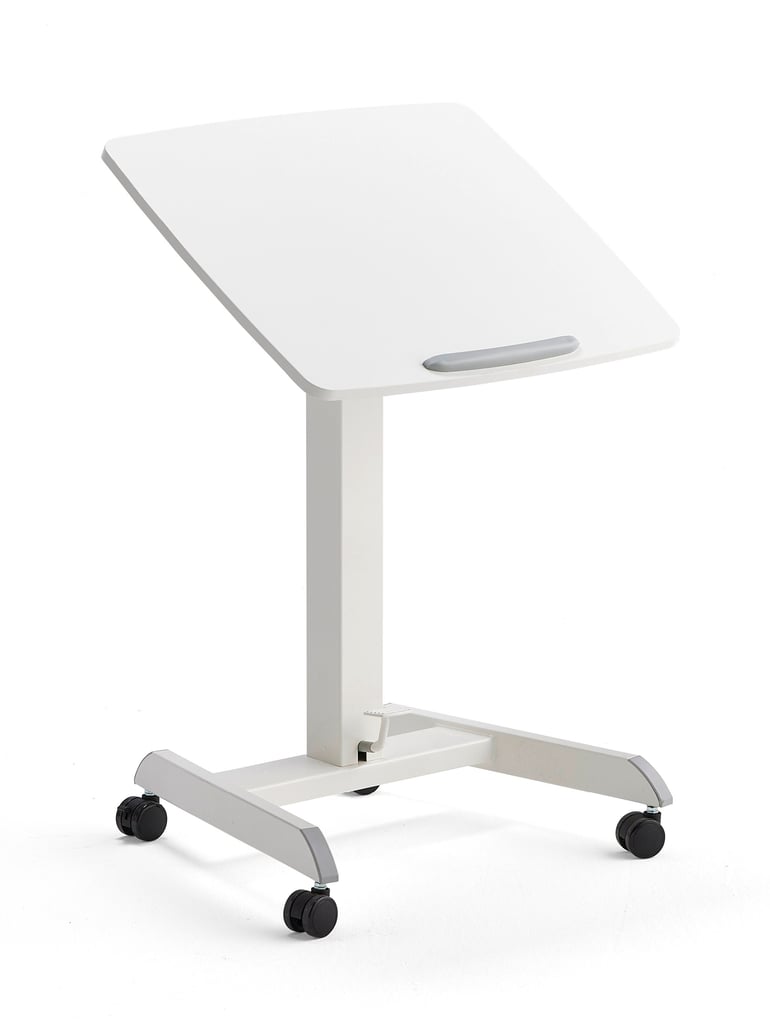
Invest in a suitable desk and chair
Since many people work long hours at a desk, it is important to be able to both sit and work in an ergonomically correct way, as well as to be able to raise and lower the desk to change working position or stand for part of the day. An office chair with good adjustment options is also a must to help prevent back pain.
Stay organised
Good storage is important so that the home is not filled with cables, binders, piles of paper and other work items. If space is limited, it may also be a good idea to look for office furniture that takes up little space and can be easily put away at the end of the day, for example a smaller desk with a tilted, height-adjustable desktop and wheels to make it easy to move, or a desk that converts to a coffee table at the end of the workday.
Think about lighting
The right light is important for to be able to work comfortably. We recommend positioning the desk to get as much natural light as possible and adding a desk lamp to improve lighting over the workspace in order to boost alertness and concentration.
Here's everything you need for your home office

5. The employer is also responsible for mental wellbeing
There are many benefits to working from home. No commute means time saved and a smaller carbon footprint. It can improve work-life balance, reduce distractions, and even boost productivity.
That said, there are also pitfalls to avoid. With fewer opportunities to meet and interact in person, some employees risk feeling isolated. Employers are legally required to protect home workers from stress, provide appropriate mental health support, and maintain social connections. Simply put, staff must not be excluded from the workplace community, even when they’re working remotely.
To achieve this, employers should foster a supportive culture that prioritises connection and wellbeing. The way the business communicates and engages with its people will be key to making hybrid and remote work successful.
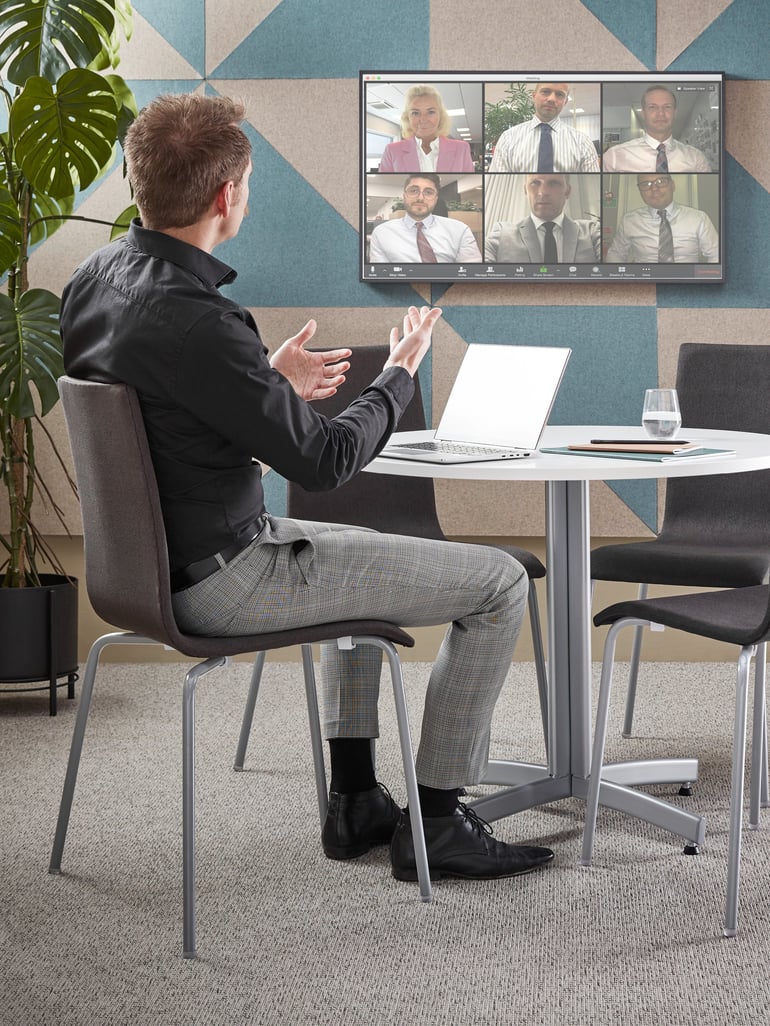
Technology
Has the company provided technical equipment and support for hybrid meetings? When there is limited opportunity to meet in person, it is especially important to use the digital tools that are available.
Communication
Is everyone included and do they have the opportunity to get involved? Be open to talking about more than just work. Ask employees how they're coping and feeling. Encourage breaks and set work hours.
Team spirit
How do you get the team together when some are on site and others working from home?
Meetings
What types of meetings work online and when is it important to have physical meetings? Email is not always the best means of communication. We need to see and hear each other, especially when we work from home. Make sure that meetings are accessible to all workers.
